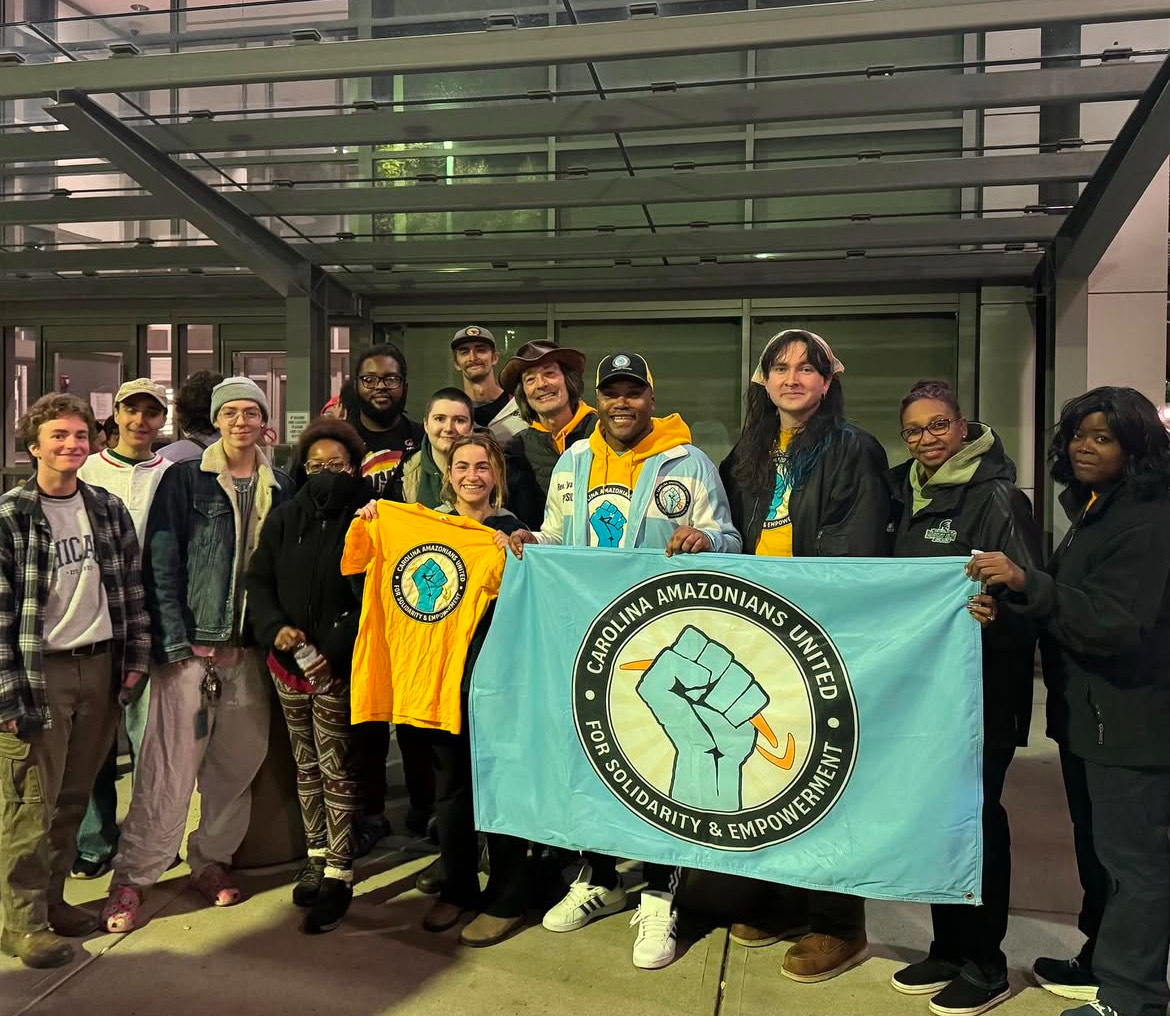
Organizers from Share Our Strength, Food Network and Weight Watchers create a "Good Food Garden" in an effort to tackle childhood hunger in the U.S. on Oct. 9 in the Meatpacking District.
Being able to crave salty, sweet or spicy food is a privilege.
One in every six children in the U.S. will go to bed hungry tonight. About 12.4 million children nationwide are all too familiar with hunger, malnutrition and malnourishment.
Unfortunately, this problem of childhood hunger is not only severe but also largely invisible.
An initiative by Share Our Strength, Food Network and Weight Watchers to tackle childhood hunger in the U.S. was unveiled in the Meatpacking District on Oct. 8. The organizations created a lush Good Food Garden with the objective of raising awareness about hunger and educating adults and children about the advantages of eating fresh fruits and vegetables.
Food Network, a lifestyle network that explores food through culture, adventure and travel, has a long history with S.O.S., an anti-hunger non-profit organization with a mission to end childhood hunger in America by 2015.
This partnership sparked the idea of developing Good Food Gardens, a unique contribution to the fight against childhood hunger.
“While we don’t pretend that we can end hunger with these gardens, it’s a platform, and it stands for the idea that good food is for everyone,” said Sarah Copeland, recipe developer for the Food Network, and a founder and spokesperson for Global Food Network. “We want to share the message that healthy food is every human’s right.”
Twelve such gardens were granted to schools and community centers across the country. Along with planting, children learned how to grow, taste and harvest plants.
Kelly Trimyer, senior manager of corporate partnership at Share Our Strength, believes taking care of a garden is therapeutic for children.
“To have something of their own, which they can care for and grow, is empowering,” Trimyer said. “Along with learning where their food comes from, children learn about cooking healthfully and eating better.”
Trimyer stressed the importance of differentiating between necessary and waste calories.
“Malnourishment can be caused despite eating a lot of fast food because the calories, though plenty, are not useful,” she said. “People tend to associate malnourishment with Third World countries, but what they don’t know is that the rates of malnutrition, malnourishment, diabetes and obesity in the U.S. are just as frightening.”
This donation of Manhattan’s first Good Food Garden coincides with the annual New York City Wine & Food Festival.
The flourishing, gated garden will be visible in the middle of the Meatpacking District until its donation on Sunday night. By attracting the attention of throngs of restaurant-goers, the garden will combat the invisibility of childhood hunger and related health issues.
Trimyer, 32, from Washington, D.C, stressed the importance of identifying a recipient for the gardens.
“We need to be sure that the garden has a permanent home and that someone will tend to and maintain it,” she said. “A nutrition education curriculum is also important wherein the garden is used to teach children about healthier choices.”
The recipient for this garden is Fulton Housing, a public housing project in Chelsea for low-income and moderate means. In collaboration with Green Market, Fulton Housing organizes a market every Saturday to sell fresh produce grown upstate to people of the community at affordable prices.
Jesse Smith Campoamor, assistant executive director of the Fulton Youth of the Future program, a non-profit organization working with the kids of Fulton Housing, believes in a “hands-on educational approach” to give kids an opportunity to learn about eating healthy in affordable ways.
“Along with financial literacy and healthier options, the markets and our garden are helping to fuse the community,” Campoamor said. “By taking action, the kids will evolve from children to active citizens.”
When Juliana Castro, 18, of Fulton Housing, was introduced to the youth market and Good Foods Garden by her uncle, she “didn’t really eat vegetables.”
“I decided to join to learn new things,” Castro said. “Now I know the difference between vegetables and eat them much more.”


Comments
Well written Rhea!!!
I am always happy and very proud to read all your articles.
Excellent report, really.
Hey very nice blog!! Man .. Attractive .. Astonishing .. I will bookmark your blog and take the feeds also…